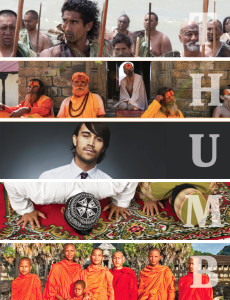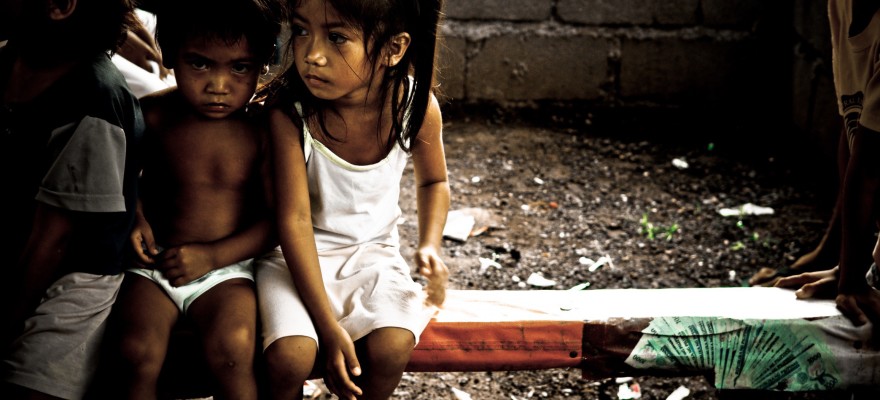By Mark Powell, International Missions Director
This post was originally published in the 2016 Spring issue of the GB Messenger. Don’t receive the Messenger? You can always catch the latest digital issue on the Messenger website, www.gbMessenger.org
 God has gifted General Baptists with varied and unique opportunities to preach the good news that “Jesus tasted death for every man.” Since the time of Benoni Stinson we have been faithful to the call of reaching every person with the gospel of Jesus Christ. The reality, however, is that in the world today there are still six thousand unreached people groups (Joshua Project). The call of the gospel and the command of the Great Commission, not to mention the echo of Benoni Stinson’s voice, is to “go into all the world and preach the gospel.” From Asia to Micronesia to Central America and the Caribbean we have faithfully proclaimed the good news that Jesus has indeed tasted death for everyone. The reality, however, is that there is much more to be done and much more we can do!
God has gifted General Baptists with varied and unique opportunities to preach the good news that “Jesus tasted death for every man.” Since the time of Benoni Stinson we have been faithful to the call of reaching every person with the gospel of Jesus Christ. The reality, however, is that in the world today there are still six thousand unreached people groups (Joshua Project). The call of the gospel and the command of the Great Commission, not to mention the echo of Benoni Stinson’s voice, is to “go into all the world and preach the gospel.” From Asia to Micronesia to Central America and the Caribbean we have faithfully proclaimed the good news that Jesus has indeed tasted death for everyone. The reality, however, is that there is much more to be done and much more we can do!
The Joshua Project (joshuaproject.net) identifies 16,404 people groups in the world today. A people group is a group of people with a common identity that shares the same language and thinks in similar ways and has the same basic philosophy of life. The Grecians of Acts 7 would be an example of a people group. A people group is the largest group through which the gospel can flow “without encountering significant barriers of understanding or acceptance.” The Joshua Project explains it this way: “In many parts of the world lack of understandability serves as the main barrier and it is appropriate to define people groups primarily by language with the possibility of sub-divisions based on dialect or cultural variations. In other parts of the world, most notably in portions of South Asia, acceptance is a greater barrier than understandability. In these regions, caste, religious tradition, location and common histories, plus language may define the boundaries of each people group.” Continue reading
